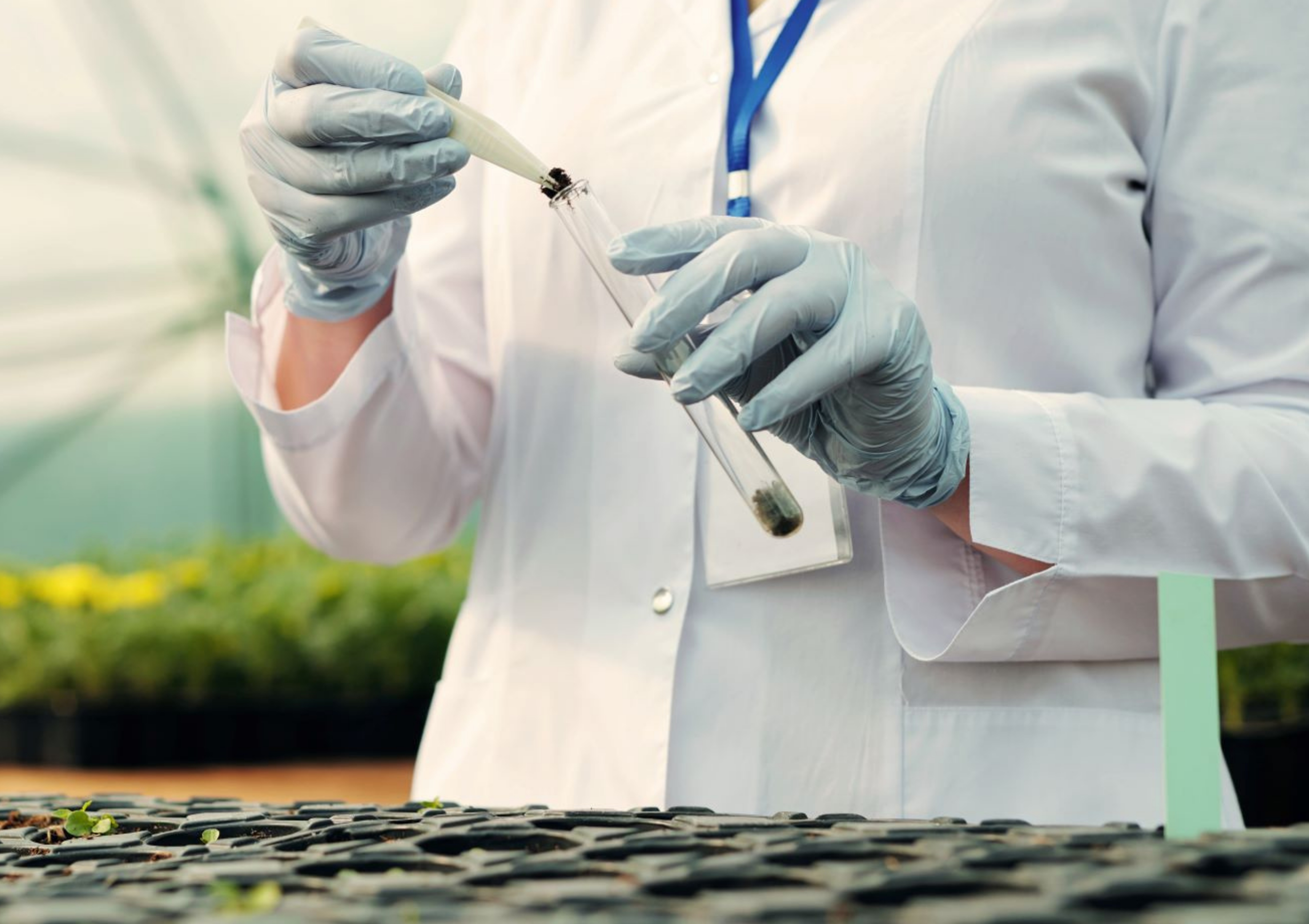In the spring of 2023, an extensive investigation into geographical indications was launched in 26 European Countries during the latest phase of Operation Opson.
While the final results of the 2023 operation are yet to be published, up until 2022 Operation Opson was responsible for seizing 26,800 tonnes of food and issuing 74,000 fines and 80 arrest warrants.
Unfortunately, 19 Danish food companies were caught up in this spring’s operation. It is felt these companies were being a little too liberal – or in the words of Michael Rosenmark, the head of the Danish Food and Drug Administration's Travel Team, “too fresh” - in the way they marketed certain wines, cheeses and meats and interpreted geographical designations.
The Danish Food and Drug Administration's Travel Team selected 50 Danish companies for examination based on the results of previous checks of their produce. These checks identified some manufacturers were using protected geographical indications to promote their products. For example, one cheese manufacturer who was using the word ‘parmesan’ in their marketing.
Mr Rosenmark did say that in comparison with other countries, the Danish findings are mild and usually “unconscious violations” of the geographical indications legislation but the violations are still misleading and causing confusion:
"Consumers will typically buy some products that are cheaper. If a company then markets them as being "something like" at a slightly better price, then this can lead to profit. But the legislation is very clear in this area, and you must not make these comparisons of food."
One of the companies caught up in Operation Opson was Globus Wine. One of their wines was found to claim its origin was La Mancha. This was considered to be an unfair designation according to the Danish Veterinary and Food Administration's Travel Team. This claim could not be verified as the accompanying certificate had been issued by an unnamed foreign wine supplier.
Salling Group was another company that the Travel Team felt had violated the rules having readied their grilled cheese for market by describing it as ‘halloumi’.
However, Operation Opson is not solely focused on finding products that contravene the permitted use of geographical indications. They are also charged with tackling counterfeit food and beverages and substandard food and beverages.
By definition, a food product must be one that can be ingested by humans or animals while beverages are defined as drinkable liquids that can be ingested by humans or animals. This does not include live animals (unless they are specifically being prepared for sale), plants prior to harvesting, medicinal products, cosmetics, tobacco products or narcotic or psychotropic substances. Nor can they contain residues and contaminants.
By extension a substandard food product is defined as one that does not meet the specific standards for production, packaging and distribution set out by both European and the relevant national laws. A counterfeit food product is one that infringes an existing IP right as defined under European and/or the relevant national laws and IP regulations.
Again, the results from the latest stage of Operation Opson are not yet available but the results from Opson XI which involved joint police actions in 21 countries between December 2021 and May 2022 show that unsafe and counterfeit foods made up a sizeable portion of the 1,100 tonnes with an estimated value of US$3,718,495 seized.
How can you ensure your food and drink products avoid misusing geographical indications?
Geographical indications (GIs) are used to identify products with unique qualities or characteristics that are essentially attributable and inextricably linked to the specific geographical area they originated in, for example Champagne, Reggiano and Roquefort. The GI system has been put into place to protect the reputation and market value of regional products, promote fair competition and prevent other manufacturers producing similar products out of area.
The EU system for geographical indications is governed by Regulation (EU) No 1151/2012 (which has replaced the previous Regulation (EEC) No 2081/92). This legislation offers the legal framework by which both agricultural products and foodstuffs and traditional products can be protected. Under Regulation (EU) No 1151/2012, a GI can be registered at the EU level and this registration gives the product protected status and ensures:
- The name of the product is reserved exclusively for products from the defined geographical area
- Local manufacturers adhere to the specific/historic production methods required to preserve the quality of the product
For your product to qualify a geographical indication in the EU, you will need to be able to prove:
- Your product has a specific quality, reputation, or other characteristic attributable to its geographical origin
- Production of your product takes place within the defined geographical area
- Any specific production methods or traditional knowhow associated with your product is being followed
The simple answer to how you can ensure your food and drink products avoid misusing geographical indications, is if you can’t prove the above, you should not be using GIs or any words associated with GIs.
How can manufacturers tackle the threat of food fraud?
The threats associated with food fraud (the term the food & drink industry use to describe the production and distribution of counterfeit food and drink products) goes way beyond navigating the reach of initiatives like Operation Opson. The damage to your reputation and customers’ trust can have a near critical financial impact on a business. Once tainted by counterfeiting, it will be a long and difficult road back to where you were in terms of revenue and market share.
As a manufacturer there are things you can do to minimise the threat of food fraud.
Adopting a ‘top down’ approach giving senior management responsibility for taking steps to mitigate the risk of food fraud and educate employees so they know how to spot potential issues will help. Continually assessing your supply chain to highlight potential vulnerabilities and show you where to introduce more stringent food testing and supplier inspections will also help.
However, if you would like to take a much more proactive stance, Potter Clarkson’s unique and state of the art online protection service iProvidence is worth considering.
By marrying the latest technology with the extensive enforcement expertise of our online brand protection specialists, iProvidence gives you an instant all-seeing eye on the internet that finds and filters potential threats and immediately launches the required enforcement action. If you would like to trial iProvidence, please contact us today.




















.avif)
.jpg)

.jpg)

%203.jpg)
.jpg)
%20(1).jpg)
